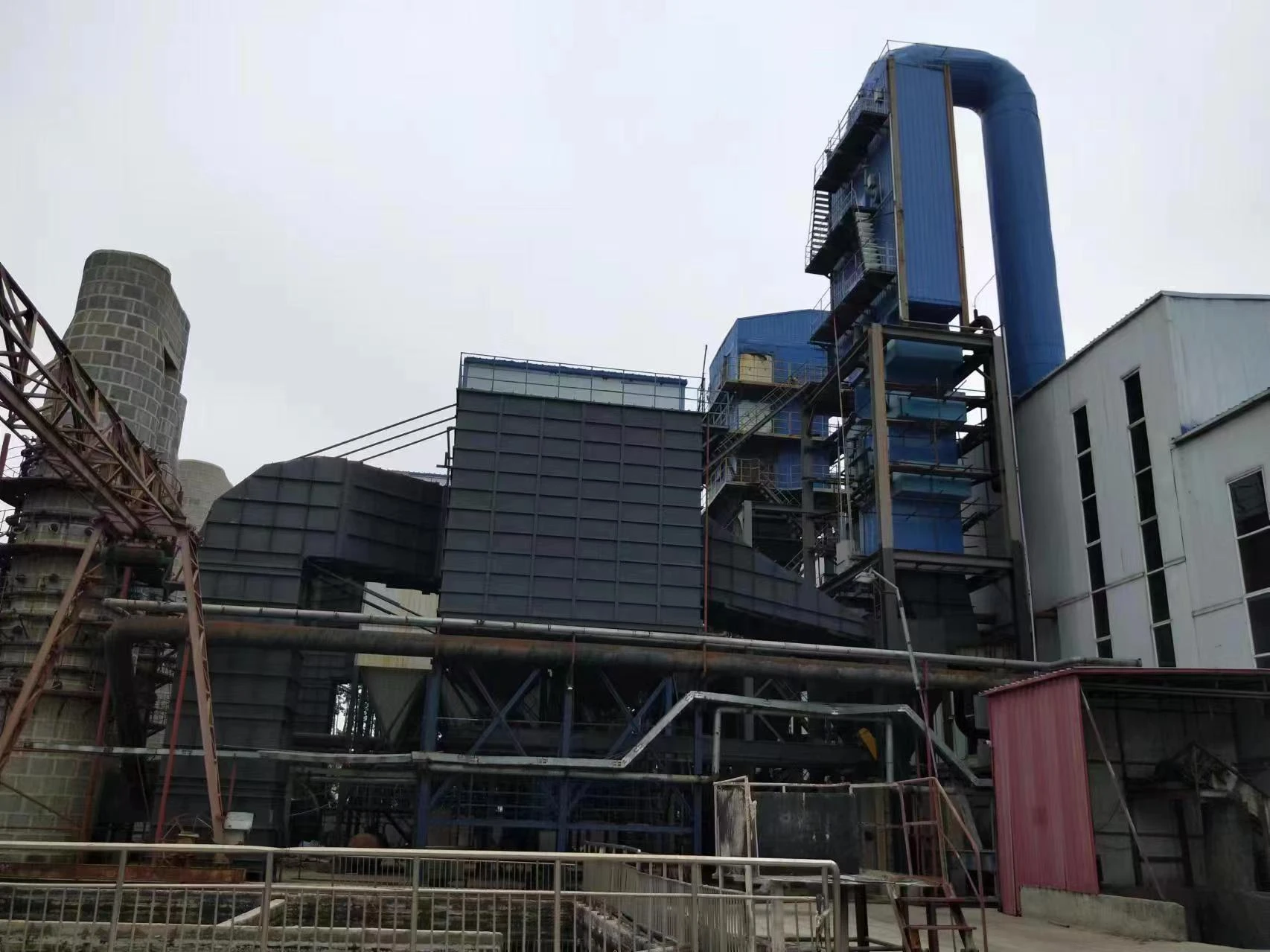
Ақп . 13, 2025 08:55 Back to list
how does a gas fired boiler work
Understanding how a gas-fired boiler works is essential for homeowners, engineers, and HVAC professionals. These systems have been integral in heating residential, commercial, and industrial spaces. They offer efficient heating solutions while minimizing carbon emissions. Here's a comprehensive insight into how these boilers operate, emphasizing experience and expertise for optimizing performance and ensuring safety.
5. Venting and Exhaust Proper venting is crucial for expelling combustion gases, such as carbon dioxide, outside the facility, preventing the buildup of harmful gases. Modern systems utilize either a vertical vent pipe or a side-wall venting system which integrates additional safety features like a draft inducer fan to ensure gases are securely and efficiently directed outside. Sealed combustion systems draw air from outside the building, enhancing safety and efficiency by preventing indoor air contamination. 6. Safety Features Gas-fired boilers incorporate multiple safety mechanisms to avert hazards. For instance, pressure relief valves prevent excessive pressure buildup, while limit controls shut the boiler off automatically in case of overheating. Regular maintenance is indispensable to uphold these safety standards, avoiding potentially dangerous malfunctions. 7. System Optimization To maximize efficiency, regular maintenance, like cleaning the combustion chamber, testing the flue gases, and inspecting the heat exchanger, is necessary. Upgrading to high-efficiency condensing boilers that capture latent heat from exhaust gases can drastically reduce energy bills and environmental impact. Additionally, integrating hydronic zoning can optimize heat delivery and allow targeted heating in specific areas of the building, enhancing comfort while saving energy. Boilers represent a significant but often overlooked part of building infrastructure. They rely on complex engineering yet offer straightforward solutions when sufficiently understood and maintained. By adopting best practices and implementing advanced technologies, their operation can be optimally tuned, achieving proper energy management, enhancing environmental sustainability, and ensuring user safety. Ultimately, gas-fired boilers combine the principles of thermodynamics and combustion science, supported by advances in technology, to deliver reliable heating solutions. A nuanced understanding of their operation not only enhances their performance but also underscores a commitment to safety, sustainability, and cost-efficiency—elementary components of modern living standards.


5. Venting and Exhaust Proper venting is crucial for expelling combustion gases, such as carbon dioxide, outside the facility, preventing the buildup of harmful gases. Modern systems utilize either a vertical vent pipe or a side-wall venting system which integrates additional safety features like a draft inducer fan to ensure gases are securely and efficiently directed outside. Sealed combustion systems draw air from outside the building, enhancing safety and efficiency by preventing indoor air contamination. 6. Safety Features Gas-fired boilers incorporate multiple safety mechanisms to avert hazards. For instance, pressure relief valves prevent excessive pressure buildup, while limit controls shut the boiler off automatically in case of overheating. Regular maintenance is indispensable to uphold these safety standards, avoiding potentially dangerous malfunctions. 7. System Optimization To maximize efficiency, regular maintenance, like cleaning the combustion chamber, testing the flue gases, and inspecting the heat exchanger, is necessary. Upgrading to high-efficiency condensing boilers that capture latent heat from exhaust gases can drastically reduce energy bills and environmental impact. Additionally, integrating hydronic zoning can optimize heat delivery and allow targeted heating in specific areas of the building, enhancing comfort while saving energy. Boilers represent a significant but often overlooked part of building infrastructure. They rely on complex engineering yet offer straightforward solutions when sufficiently understood and maintained. By adopting best practices and implementing advanced technologies, their operation can be optimally tuned, achieving proper energy management, enhancing environmental sustainability, and ensuring user safety. Ultimately, gas-fired boilers combine the principles of thermodynamics and combustion science, supported by advances in technology, to deliver reliable heating solutions. A nuanced understanding of their operation not only enhances their performance but also underscores a commitment to safety, sustainability, and cost-efficiency—elementary components of modern living standards.
Share
Latest News
-
High-Efficiency Commercial Oil Fired Steam Boiler for Industry
NewsJul.30,2025
-
High-Efficiency Biomass Fired Thermal Oil Boiler Solutions
NewsJul.30,2025
-
High Efficiency Gas Fired Thermal Oil Boiler for Industrial Heating
NewsJul.29,2025
-
High-Efficiency Gas Fired Hot Water Boiler for Sale – Reliable & Affordable
NewsJul.29,2025
-
High Efficiency Biomass Fired Hot Water Boiler for Industrial and Commercial Use
NewsJul.29,2025
-
High-Efficiency Biomass Fired Hot Water Boiler for Industrial Use
NewsJul.28,2025
Related PRODUCTS
Copyright © 2025 HEBEI HONGZE BOILER MANUFACTURING CO., LTD. All Rights Reserved. Sitemap | Privacy Policy






















